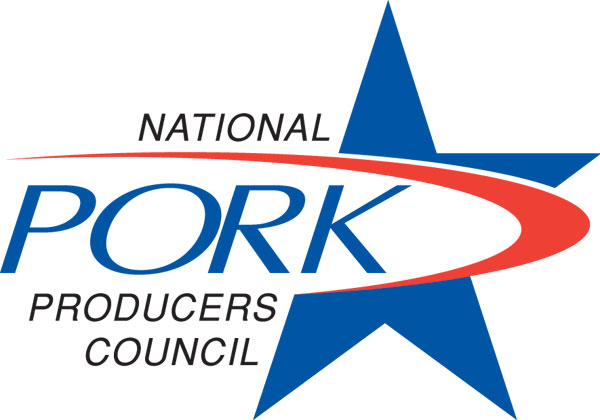NPPC Vows to Appeal COOL Rule
September 16, 2013

The National Pork Producers Council (NPPC), along with other meat industry trade groups, are preparing to appeal a U.S. District Court judge’s ruling of Sept. 11, which denied their request for a preliminary injunction to block USDA’s new mandatory country-of-origin labeling (COOL) rule.
Meat industry organizations asked for the injunction as part of a lawsuit filed in early July on the COOL rule. Those groups included the American Association of Meat Processors, American Meat Institute, Canadian Cattlemen’s Association, Canadian Pork Council, National Cattlemen’s Beef Association, North American Meat Association, Southwest Meat Association and Mexico’s National Confederation of Livestock Organizations.
The U.S. Department of Agriculture (USDA) proposed a new COOL rule in March after a World Trade Organization (WTO) panel ruled in 2011 that the original 2008 COOL requirements violated the WTO’s Technical Barriers to Trade agreement. The WTO ruling was in response to a trade complaint filed against the United States by Canada and Mexico.
Like what you��’re reading? Subscribe to the National Hog Farmer Weekly Preview newsletter and get the latest news delivered right to your inbox every week!
NPPC says that despite that ruling, USDA made the new COOL requirements “even more complex and discriminatory against foreign meat and livestock.”
In response, Canada and Mexico have clearly stated the new rule does nothing to ease the concerns that prompted the original complaint.
A ruling on the meat industry groups’ lawsuit is expected early next year, according to the NPPC.
Meanwhile, Canada has filed a request with the WTO to form a panel to determine whether the new COOL rule complies with the TBT agreement. That ruling is expected later next year.
If the COOL rule is found not compliant with WTO trade policy, Canada and Mexico would be free to impose retaliatory tariffs on a variety of U.S. products, including pork.
Canada and Mexico consistently rank as two of the top markets for sales of U.S. pork products.
More information on NPPC trade issues can be found at www.nppc.org. For further details on U.S. pork trade, visit www.usmef.org.
You might also like:
Pork Repeats Strong Demand Showing
Analyzing How Farm Size Impacts Piglet Survival
You May Also Like



